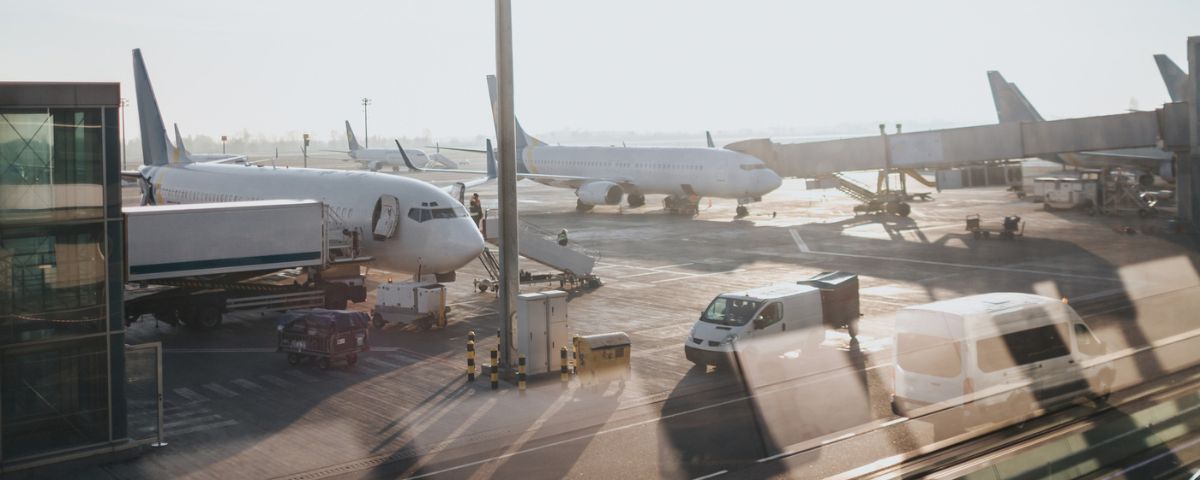
The Airports Authority of India (AAI) has raised objections to a proposal from the telecom industry, submitted to the Department of Telecommunications (DoT), seeking permission to use the 2700-2900 MHz spectrum band for wireless broadband services, according to sources. This spectrum is currently allocated for AAI’s aeronautical radio navigation services, which are essential for aircraft landing, precision approaches, and overall flight safety.
The opposition from AAI comes in response to a proposal by the ITU-APT Foundation of India (IAFI), whose members include companies like Bharti Airtel, Reliance Jio, Meta, Amazon, Qualcomm, and Tata Communications. IAFI suggested the possibility of using fixed wireless access (FWA) in the 2700-2900 MHz band, particularly in regions where AAI is not operating within this spectrum. The proposal claimed that broadband applications could potentially co-exist with AAI’s operations in the band.
However, AAI emphasized that this spectrum is also used for operating primary approach radar (PAR), a critical system for aircraft safety during landing approaches, and for defense purposes. PAR plays a crucial role in determining an aircraft’s position during its final approach for landing.
Additionally, with the expansion of airports across India, AAI argued that even with co-existence, this spectrum cannot be repurposed for anything other than aeronautical radio navigation services. They expressed concerns over potential interference between frequencies, which could disrupt airline services and pose risks to passenger safety.
This debate is significant as the DoT is currently revising the National Frequency Allocation Plan (NFAP). DoT officials have asked AAI to provide details of their future airport expansion plans and new technology deployments. Meanwhile, telecom operators and stakeholders have been asked to submit technical studies on spectrum co-existence and international use cases of the 2700-2900 MHz band.
The DoT is also evaluating the use of the band for FWA and enterprise applications. However, officials stated that this is a policy matter, and the government will make a decision after thorough assessment.
The NFAP outlines the allocation of spectrum bands for various services, including cellular mobile, Wi-Fi, television broadcasting, satellite communication, radio navigation for aircraft and ships, defense, and emergency services. Periodic reviews are conducted to accommodate new spectrum bands or reassign existing ones, with the last review taking place in 2022.



